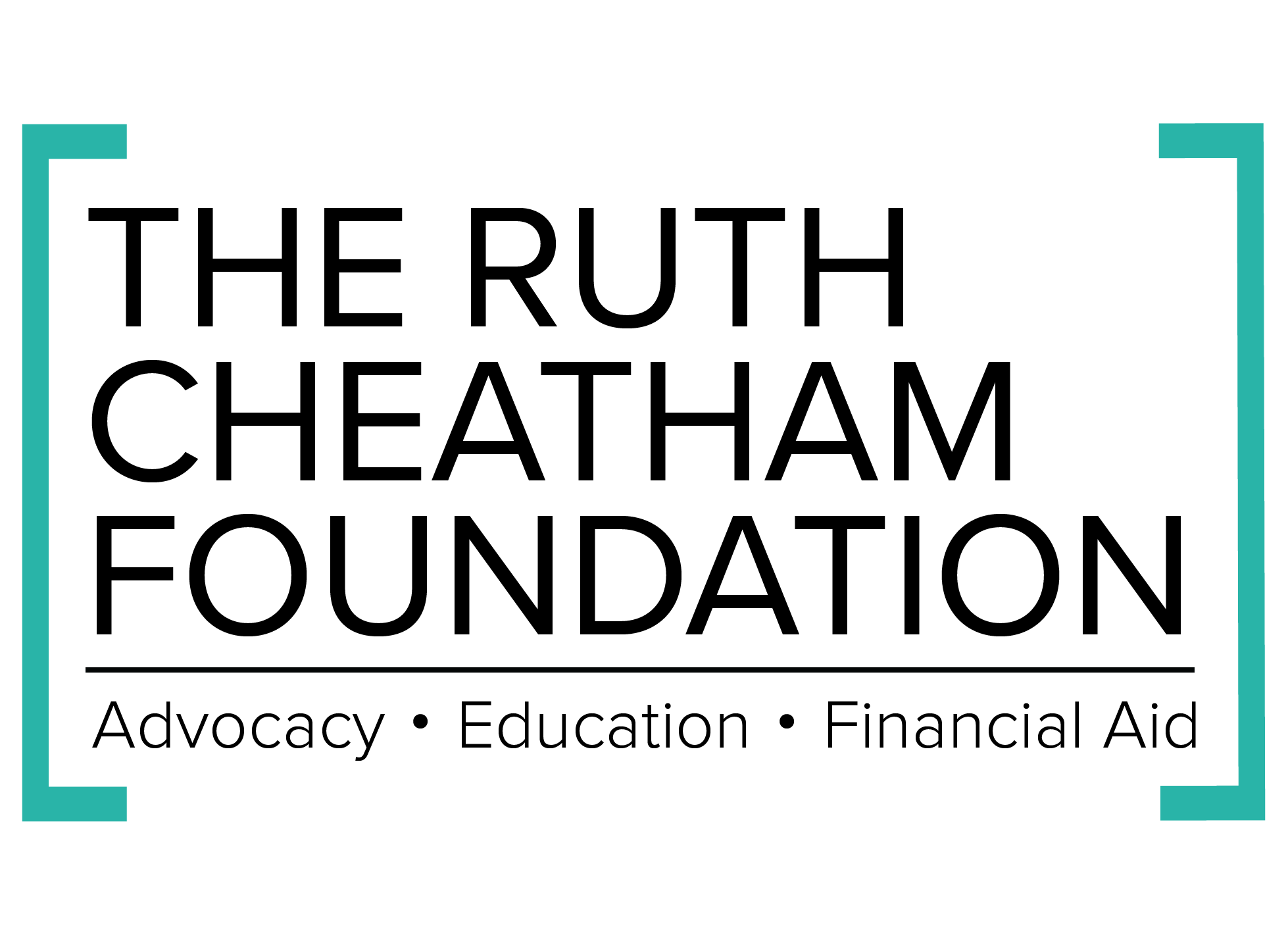Among the ripple effects of a cancer diagnosis, academic progress is often hard hit for young adults in the cancer community. With a college education already financially inaccessible for many young people in the United States, cancer treatment can put it even further out of reach. The Ruth Cheatham Foundation (TRCF) helps address these challenges by providing four-year college scholarships to young adults (ages 17 to 26) who a cancer diagnosis has impacted.
TRCF scholarships range from $2,000 to $5,000 based on each scholar’s financial need. Students may apply at any point in their college education, including any accredited university, trade school, or community college. Once awarded, a student’s scholarship recurs each year until graduation, as long as the student maintains a minimum GPA of 2.0.
TRCF was co-founded in 2016 by Lindsay Whittemore, the niece of Dallas teacher Ruth Cheatham, who passed away from breast cancer. Describing her aunt, Whittemore says, “Ruth was a teacher who really cared about what she did. She was an incredible woman; so many of her students later went into teaching because she encouraged that passion for them.”
After her aunt’s passing, Whittemore was compelled to take action — and to serve teens in particular. It was abundantly clear to her that teens face enormous social and academic challenges following a cancer diagnosis and the subsequent treatment and recovery processes. For teens experiencing cancer, Whittemore explains, interrupted school attendance and social isolation can have far-reaching negative effects on a student’s academic and personal future. “The whole trajectory of their life is impacted [by cancer],” she says.
Whittemore explains that she started researching charitable support opportunities for this particular age group and found a significant unmet need. “There was a black hole in support for teens,” she says.
With her motivation further amplified, Whittemore co-founded TRCF in 2016 with hopes of raising money to support one or two students. “At our first fundraiser, we had incredible support,” she says. Since then, the foundation has expanded its reach exponentially — by nearly 100% each year, Whittemore says. The 2022–2023 cohort includes 87 scholars: 63 at the $2,000 level, 15 at $3,500 and nine at $5,000.
In addition to providing financial support to make college education possible, the foundation also supports scholars through other challenges presented by cancer treatment and recovery. With long-term side effects, Whittemore notes, students often have to change their study habits as they balance school, work and cancer survivorship. With this in mind, TRCF also provides free online tutoring to their scholars to help keep them on track. This has had a positive impact on the foundation’s success rate with graduating scholars.
The foundation uses data-backed research to track the success of their scholarships, Whittemore explains. “As we track this impact, we can look for even better, more impactful program opportunities,” she adds.
Data tracked includes scholars’ graduation rates in addition to their household incomes over time. As scholarships are awarded based on financial need, Whittemore says, it’s important to look at a family’s finances before the scholar enters the program, and how it changes over time following graduation and beyond. Whittemore explains these numbers show indicators of what education can do for a person’s future earning potential.

Even beyond the pure numbers showing the tremendous positive impact of the scholarships, Whittemore marvels at the overall personal growth and achievement of TRCF scholars. “They are so driven — they have incredible ambition fueling them,” she says. She notes that many scholars go on to careers serving others in the cancer community, including working in medical oncology, research, and psychology.
A recent TRCF scholar, Ashley Woltman, wrote about her experience: “There were many days that I wasn’t sure if I would live to go to high school. But being healthy, attending college, studying to become a nurse, and having the support of organizations such as Ruth Cheatham, is truly amazing. I hope to one day work alongside the same nurses and doctors that saved my life, while providing excellent, compassionate care to sick children. My cancer diagnosis took a huge part of my childhood away from me, but it opened up many pathways for my future.”
Looking ahead, Whittemore says that for the 2023–2024 academic year, the Ruth Cheatham Foundation hopes to award between 150 to 200 scholarships. The scholarship application is currently open through Feb. 28, 2023.
For more information, visit RuthCheathamFoundation.org







